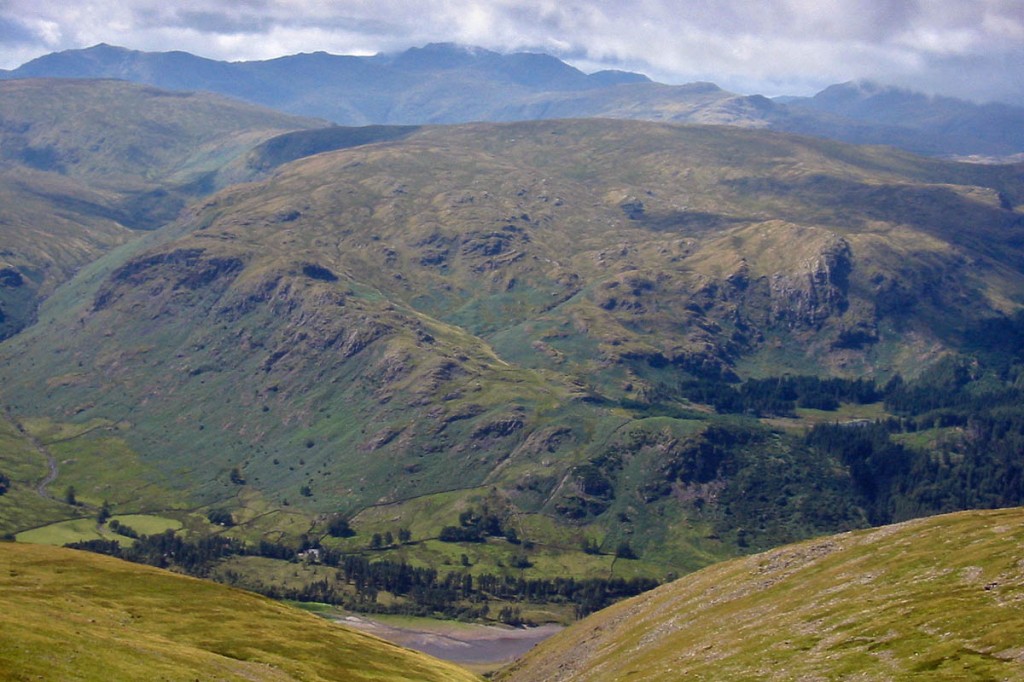Campaigners have welcomed a decision to withdraw plans for fencing on a Lake District common.
United Utilities said it wants to carry out consultations on alternatives to the fence on land above Thirlmere.
The Open Spaces Society, which was one of the organisations opposing the move, said it was delighted at the water company decision.
A public inquiry was due to open on the proposal on 17 November. The company said it needed to put up the fence to reduce grazing by animals which was causing erosion and affecting water quality.
The Open Spaces Society, Friends of the Lake District, the Ramblers, the Foundation for Common Land, the Federation of Cumbrian Commoners and the Wainwright Society were among objectors to the scheme which they said threatened to degrade the wilderness of the national park.
OSS general secretary Kate Ashbrook said: “We are greatly relieved that UU has withdrawn its application as we requested, and we welcome the opportunity for further discussions in the hope of finding an acceptable solution.
“While of course UU must be able to guarantee high-quality water from Thirlmere, we believe that this can be achieved without fencing the common, damaging this priceless landscape, and risking the Lake District’s impending World Heritage Status.
“UU needs to carry out more research and gather more data. The fencing application was premature.
Graham Bathe, chairman of the Open Spaces Society, said: “Proposals which affect common land are often extremely complex, because of the unique nature of commons and the many interests involved.
“The society was one of many organisations which pioneered a consultation process for the management of commons, A Common Purpose, which has the support of the Department for Environment and the Planning Inspectorate.
“A Common Purpose advocates collaborative work to reduce objections and the need for wasteful public inquiries. UU failed to follow this in its application, but now it will do so.
“It has also recognised the benefit of adopting the approach in Better Outcomes on Upland Commons, promoted by the Foundation for Common Land in the Lake District and elsewhere. This calls for all interested parties to work together to find good solutions.
“The historic management of these commons, right from medieval times, was focused on a principle called ‘Good Neighbourhood’. This means that parties should work together for the good of the whole community, without asserting that their interests should over-ride those of others.
“We shall play our part in re-creating this Good Neighbourhood, working towards a collaborative solution, from which everyone can benefit and these magnificent fells protected for all to enjoy.”

Fred scuttle
12 September 2015Why don't they spend the money to actually dry stone wall it if they feel so strongly? If they put proper stiles in and it blended in with the local lakeland stone what's the issue.... Oh yeah the cost of doing anything proper job ... Enough said...